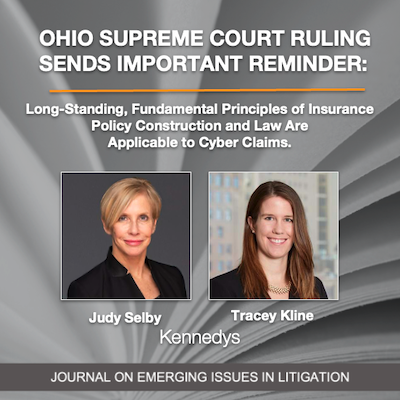Complex insurance coverage disputes where policyholders fight for coverage of underlying claims, e.g., catastrophic losses from hurricanes, wildfires, floods, climate change effects.
When Chemical Crises Strike with Ed Gentle and Kip Benson
Soon after emergency response teams scramble into action to address chemical fires, explosions, or other toxic events, attorneys begin gathering and analyzing information either to mitigate corporate risk or to seek remedies for anyone impacted by such an event. Listen to our interview with Edgar C. "Ed" Gentle III and Katherine "Kip" Benson of Gentle, Turner & Benson LLC, about legal activity that goes on in the immediate aftermath of a toxic event. Ed and Kip draw on their deep experience resolving this type of litigation to discuss the flurry of activity that unfolds at law firms and inside legal departments within hours of a disaster.










